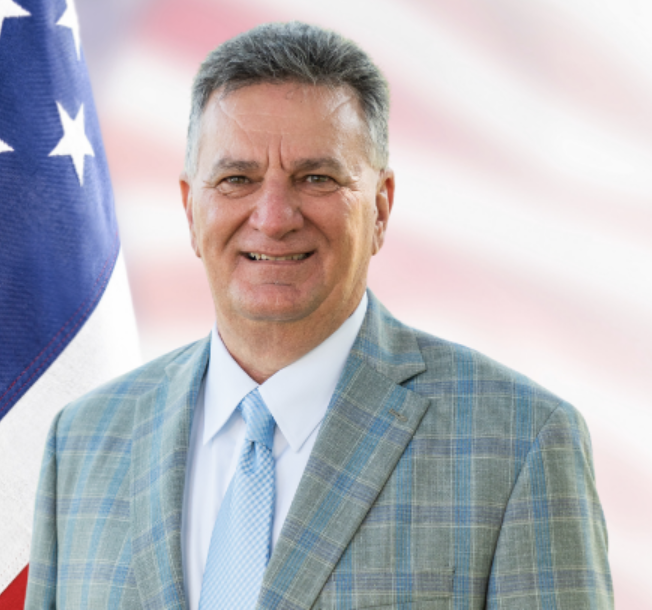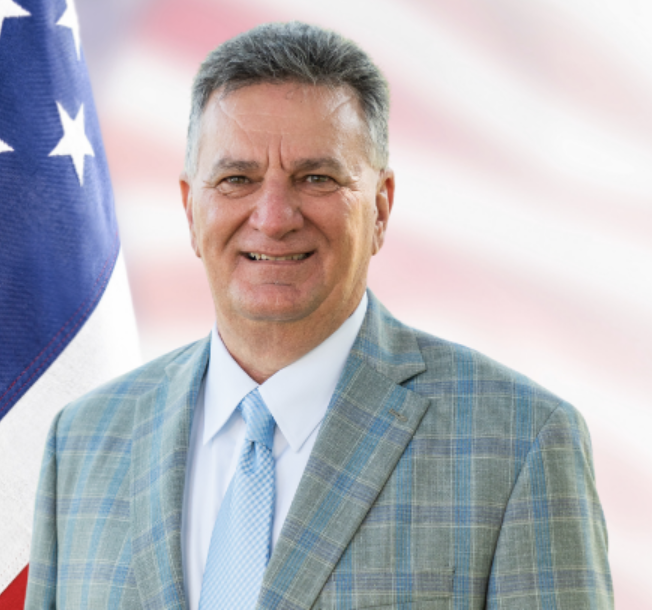A Message From Alabama Attorney General Steven T. Marshall
Rickey StokesViewed: 3200
Posted by: RStokes
Date: Apr 02 2017 10:09 AM
By Steven T. Marshall, Attorney General for the State of Alabama. This article was released to coincide with National Crime Victims' Rights Week, observed during the first week in April, to honor the victims of crime and to promote their rights.
As I watched the U.S. Senate Judiciary Committee's confirmation hearings for Supreme Court nominee Neil Gorsuch, I couldn't help but be struck by the weightiness of today's divided Court and how just one new justice can change the landscape of law enforcement. The impact that the Supreme Court's decisions have on law enforcement at the state and local level is substantial and affects our prosecutors, police officers, and my own office in carrying out our most basic day-to-day duties in the administration of justice. Though there are a myriad of law enforcement issues hanging delicately in the balance with the Court's current makeup, one stands out amongst them all--the death penalty.
Before his death, Justice Antonin Scalia--an ardent defender of the constitutionality of the death penalty and the states' ability to impose it--was demonstrably frustrated with the Court's "incremental abolition" of the punishment. As a textualist, he could not make heads or tails of any justice's proposition that the death penalty was flatly unconstitutional, since it is specifically referred to in the text of the Constitution. Nor could he take seriously the role of the Court as the "sole arbiter of our Nation's moral standards," a role he believed it created for itself as to the death penalty through its evolving Eighth Amendment (cruel and unusual punishment) analysis.
In a 2015 speech, Justice Scalia remarked that he wouldn't be surprised if the death penalty were struck down altogether by the Court. His untimely death, coupled with the fact that at least two sitting justices believe that the death penalty is unconstitutional in any circumstance, guarantee that the next Supreme Court justice will play a monumental role in the coming decades of death penalty jurisprudence. If the Court continues on its current trajectory, we will more often see it pressuring states to adapt to its "evolving standards of decency," than see the justices defer to the sovereignty of the states on matters that were once considered plainly within their purview to decide.
Alabama has been no stranger to death penalty litigation before a divided U.S. Supreme Court. At times, our success or failure has come down to one vote, regardless of how ironclad the evidence of guilt was. In 2016 alone, an evenly divided Court kept our state from executing two heinous criminals, to the dismay of victims' families who'd endured decades of appeals and expected to see justice served. The Court has received hundreds of failed habeas petitions from Alabama's death row inmates, and has even ruled on whether our method of execution was "cruel and unusual"--ironic, when you consider the kinds of deaths that the victims died.
Our Capital Litigation Division has handled SCOTUS appeals from the likes of an individual who brutally murdered a woman with a hand tool and then chased around her two small children with a kitchen knife until he also murdered them; another who shot and killed six of his ex's family members, waiting all day for them to come home to be murdered one by one; or another who randomly beat and killed an elderly couple with a crowbar after entering their house under the guise of needing to use the telephone.
Undoubtedly, our state has a strong interest in the Court's preservation of our right to levy the death penalty in appropriate cases.
Of course, the death penalty is just one of the critical matters that has reached the purview of the U.S. Supreme Court and impacts the work of law enforcement. While Judge Gorsuch's opinions certainly do not indicate hostility to the death penalty generally, how he would rule on these and related questions of criminal law is, to some degree, unknown. The best that we, as members of law enforcement and as citizens, can ask or hope for from judges at any level is that they remain faithful to the Constitution and to the rule of law--and I believe that Judge Gorsuch will. Such a commitment must be more adamantly required of the judiciary at large, as it is indispensable to our law-and-order society.
<- back














.jpg)











 (1).gif)


 (2)1.jpg)
.jpg)













1.jpg)



.jpeg)





.jpeg)


1.jpg)








.jpg)










.jpg)
1.jpg)





.JPG)

.jpg)














1.jpeg)












 (2).jpg)



